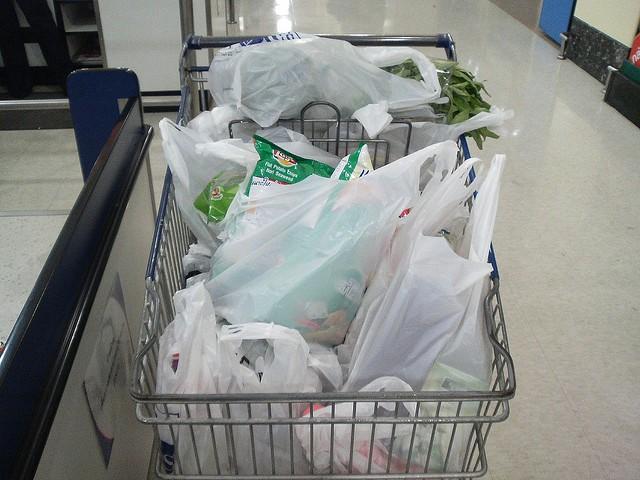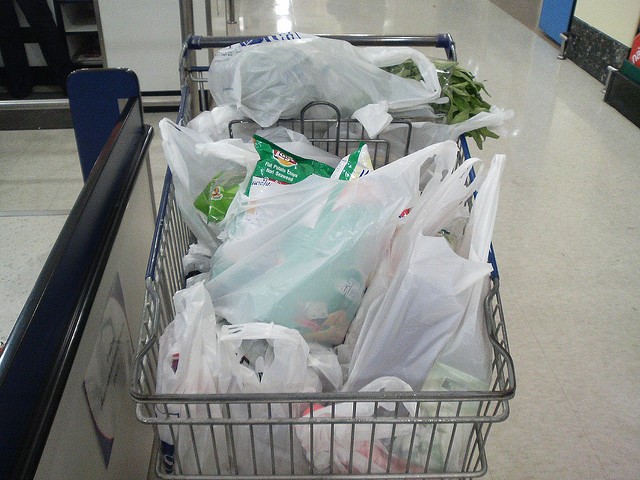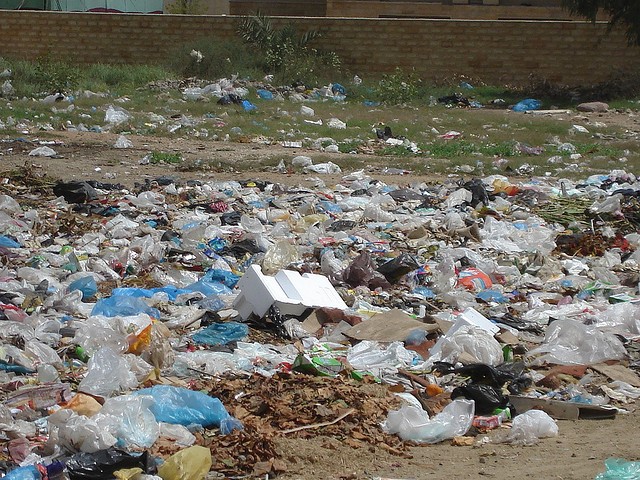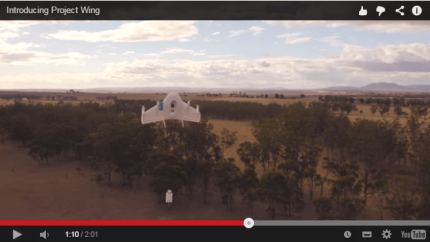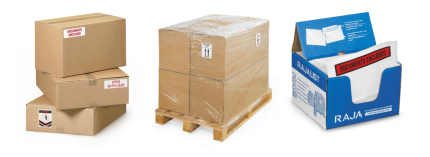Around 7.6 billion plastic carrier bags are used in England every year; a number that has risen by about 200 million year on year. That suggests that on average we all use about 11 plastic bags per month (bearing in mind that there is a large percentage of the country who are not old enough to shop or who use bags for life on a regular basis).
We have come to rely on carrier bags for many of the tasks in our everyday life, not just shopping. How many of our children take their PE kit to school in a plastic carrier? Or how many people use them to bag excess rubbish that won’t fit in the black bin bag?
Because of this, the impact that the new 5p charge on carrier bags will have could well be significant.
We’ve taken a look at the facts and figures surrounding the new charges; why they’ve been introduced and the potential impact they will have on retail, the packaging industry and the money in our pockets.
Our findings should give you a much better starting point from which you can make the decision, as an individual or a business, on whether plastic carrier bags have a future in your retail experience.
What impact will this have on the environment?
800,000 tonnes of plastic carrier bags are created every year but only 6% of this is thought to be recycled. That means that 752,000 tonnes of plastic is either being thrown away or left sitting in cupboards or car boots.
Those bags that are thrown away can be a serious hazard to the environment and wildlife. It takes 1000 years for the average plastic bag to decompose, in which time it could have been eaten by, or suffocated an innocent animal.
It costs the UK government £10 million per year just to clean up plastic carrier bags.
A reduction in the use of plastic bags could save significant amounts of money for the government and also clean up our streets, green belt and coastline.
Where do all the 5ps go?
Contrary to some thinking, the 5p charge is not a government tax. The legislation has been introduced to reduce the number of bags being used but the government will not directly benefit from the proceeds.
Essentially, plastic bags are now a purchasable commodity just like other items you buy at the shop. The government will only benefit from the new 5p charge in the sense that the sale of bags, which is now 5p per bag, will merit sales tax like any other product.
The after-tax profits from the bags, will go direct to the retailer. They are expected to distribute the profit, minus reasonable costs (such as money spent on installing extra stages in self check out processes) to good causes. There are guidelines on what a good cause may be, but it is ultimately up to the retailer to decide.
Will I have to pay to bag everything?
The 5p charge for bags may seem wide-ranging, but in actual fact, a very exact criteria has to be met before the charge can be applied.
The charge only applies to un-used, single use plastic carrier bags that have handles. That means that all paper bags, such as the ones that we provide through our Rajaprint Bags online tool, are exempt. It also doesn’t apply to any bag that has already been used so technically, if a carrier bag was used by another customer to return a faulty item to a shop, you would not have to pay to use that bag.
The charge also doesn’t apply when you’re using bags to package certain products. The products that do not incur the charge are only exempt when bagged by themselves, i.e you cannot spread these products between your shopping bags to avoid all charges.
The following products are exempt from the 5p charge:
- Uncovered blades
- Loose fruit and vegetables
- Raw meat
- Seeds or flower bulbs
- Live aquatic animals
There is also the matter of how large a shop or chain is. If the store or chain has 250 employees or less, they have no obligation to charge the 5p. In many ways, this may make SMEs such as such as corner shops more appealing. If people start to find it more practical shopping at their local independent grocer than they do at a chain express store like Tesco, the balance of power may start to shift.
Is 5p enough to actually change anything?
When a consumer spends £50 on their shopping, charging another 20p for 4 bags might go unnoticed. This has led many people to question whether 5p is enough to genuinely change shopping habits and attitudes towards plastic bags.
The reason why the charge is so small is because that is the value of a plastic bag. This is not a tax or a nominal fee; the government have ordered that plastic bags now be a chargeable commodity and it has been calculated that 5p is an appropriate value.
The statistics show that people are actually far less likely to use (multiple) plastic bags when the charge is applied. Consumers in Wales have been subject to the charge for four years now and the plastic bag usage rate in the country has gone down by 71%. There have also been large percentage drops in Scotland (18%) and Northern Ireland (43%) since the charge was introduced in 2014 and 2013 respectively.
What impact will this have on business?
There has already been some backlash on social media from customers who feel they are now paying to advertise the retailer’s brands. A select few have even made calls for people to turn their carrier bags inside out as a form of protest.
However, the major change for business will come in the need to find more practical ways for shoppers to take their goods away from the shop. Carrying multiple loose items or cramming everything into one bag is surely just a stop gap approach.
It is important that companies now explore alternative baggage solutions. Bags for life are the immediate answer, but with many people forgetting their bag for life and purchasing a new one with each shopping experience, the problem is not being solved.
Paper bags and bags of other, more environmentally friendly materials must now be the answer for businesses who still value quality of customer experience as a matter of high importance.
Is this the beginning of the end for plastic bags?
To answer this question, we have to apply a certain amount of guess work. For a start, we do not know exactly how the English public’s habits will change due to the charge. If they follow the pattern of other countries, it is fair to assume that there will be a significant drop.
This change isn’t necessarily bad news for the plastic bag industry. Remember that it is only ‘single use’ bags that are subject to the charge. There will now be a much larger market for the stronger ‘multi use’ bags (bag for life).
(Information for this blog was sourced from the BBC, The Independent and Channel 4)
Picture credit to Zainub Razvi and Keng Susumpow







